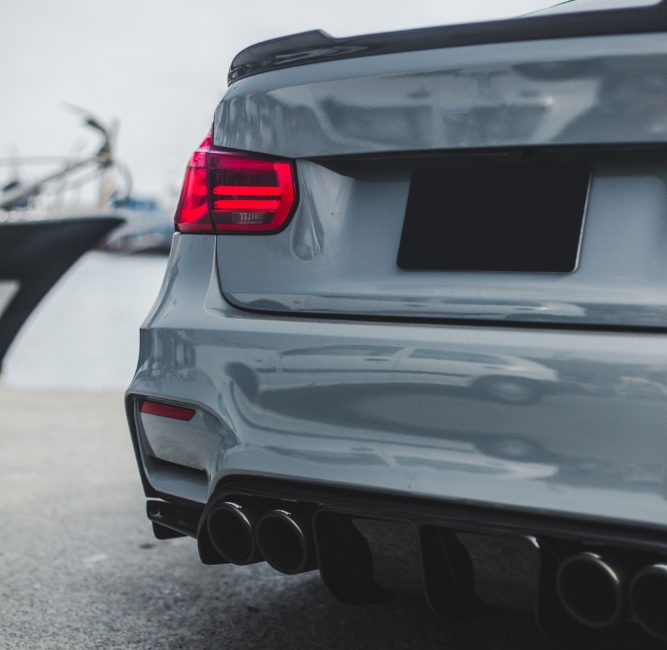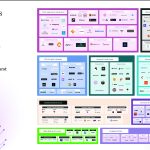
Buying a personalised number plate is a popular way to make your vehicle stand out, show a bit of personality, or even mark a special occasion. Whether it’s your name, a nickname, initials, or something quirky, personalised plates offer a unique opportunity to turn an ordinary registration into something memorable. But before you jump into purchasing one, there are several important things to consider to ensure you’re getting value for your money—and staying within the law.
Personalised number plates, sometimes called cherished plates, are unique registrations that replace the standard sequence assigned to your car. These can range from relatively affordable to incredibly expensive, depending on the combination of letters and numbers. Plates with fewer characters, common names, or clever wordplay tend to command higher prices. For example, plates like “J4 MES” or “S1 NGH” can sell for thousands, while more niche combinations may cost just a few hundred.
The first thing to understand is how the system works. Personalised plates are issued and managed by the DVLA (Driver and Vehicle Licensing Agency) in the UK. You can purchase plates directly from the DVLA during official auctions, through their website, or via private dealers. While buying from the DVLA can sometimes offer better prices, private companies often have access to a wider selection, including highly sought-after or previously registered plates.
One of the biggest considerations is compatibility. You can’t use a personalised plate to make your car appear newer than it is. For instance, if your car was registered in 2015, you can’t use a 2022-style plate on it, even if the combination is available. Doing so is illegal and could result in penalties. However, you can use an older or dateless plate on a newer vehicle. This is a popular choice for people who want a sleek look or want to avoid revealing the age of their car.
It’s also important to budget for more than just the cost of the plate itself. You’ll need to pay a DVLA transfer fee, which is currently £80. This fee allows you to assign the plate to your vehicle. If you’re not ready to put the plate on a car immediately, you can pay to retain it for future use. This gives you time to choose the right vehicle without losing your chosen registration.
In the middle of your research, you may come across reputable suppliers like Regplates, who specialise in personalised number plates and handle the transfer process for you. These companies often simplify the process by dealing with the paperwork, advising on legal requirements, and even helping you search for plates that match specific names or themes. Their experience can be particularly useful if you’re unfamiliar with DVLA processes or want to ensure a smooth transaction.
One major pitfall to avoid is buying from unregulated or private sellers without proper documentation. Any legitimate seller must provide a certificate of entitlement (V750), a retention certificate (V778), or a logbook (V5C) showing the plate is legally owned and ready for transfer. Without these, you could end up spending money on a plate you can’t legally use.
Once you’ve secured your plate and transferred it to your car, make sure your physical number plates are made by a registered supplier and comply with DVLA regulations. This includes using the correct font (Charles Wright), proper spacing, and reflective materials. While it may be tempting to stylise your plate with unique fonts or colours, doing so could make it illegal—and result in fines or MOT failures.
Beyond the legalities, think about the long-term appeal and resale value of your personalised plate. Some plates appreciate over time, especially those with popular names, initials, or dateless formats. If you’re treating your plate as an investment, consider timeless combinations that could appeal to future buyers. On the other hand, plates with very niche or novelty references may not hold value if your tastes or circumstances change.
Finally, owning a personalised number plate is about expression. Whether it’s marking a milestone birthday, a new business venture, or just having fun with language, a custom plate can bring a personal touch to your driving experience. Just be sure to approach the process with the right preparation and awareness.
From choosing a legal combination and checking compatibility, to finding a trusted seller, and following DVLA regulations, there’s a lot that goes into owning a plate that’s truly yours. When done correctly, it’s a satisfying and even rewarding decision that can add distinction to your vehicle for years to come.












